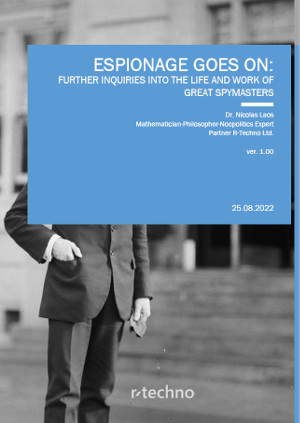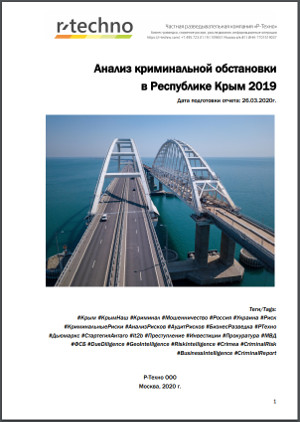Russia enhances criminal tracking system
نشرت 20 12, 2010 مؤلف CEO
Russia has intensified its cooperation with Interpol on locating and capturing internationally wanted criminals. In 2009, the international police agency issued arrest warrants for about 1,300 suspected criminals, while this year Russian law enforcement agencies put a total of 1,535 people on Interpol’s wanted list.
New technologies, combined with public initiatives, are the two principal aspects which are most actively facilitating effective search operations involving Russia’s law enforcement authorities. Earlier this year, former FSB officer Roman Romachev provided real assistance to Interpol in chasing international criminals - an initiative praised by the international police.
"This summer, Interpol announced a large-scale operation - “Infra-Red”, - seeking the help of all Internet users in locating people wanted for various crimes internationally. I was enthused with this idea and managed to find 8 criminals listed in the databases of Interpol, Belarus and Kazakhstan’s Financial Police within a period of 4 hours. I must say, without false modesty, that my initiative was highly appreciated by the agency, and they later posted those people’s photos, which I found in Russia’s social networks, on their official web site," Roman Romachev said.
Apart from French Lyon, where the organization’s headquarters are situated, the Russian citizen’s private initiative was recognized in Moscow as well. Recently, Interpol’s National Central Bureau at the Russian Ministry of Internal Affairs pledged rewards to people for their assistance in locating and capturing internationally wanted criminals - Russians, foreigners and even stateless persons. Unfortunately, these measures will be hardly enough to solve the problem, since detecting a criminal is one thing and bringing him back to his homeland is another.
Perpetrators prefer to find refuge in countries having no bilateral extradition treaties with Russia. For this reason, Great Britain, in particular, refuses to extradite several Russian natives facing criminal charges, such as Chechen separatist emissary Akhmed Zakayev and fugitive tycoon Boris Berezovsky. Therefore, the efficiency and completeness of search operations will hang in the balance until governments worldwide revise the extradition mechanism for those listed in Interpol databases.
Marina Volkova
Voice of Russia
http://english.ruvr.ru/_print/35679267.html






